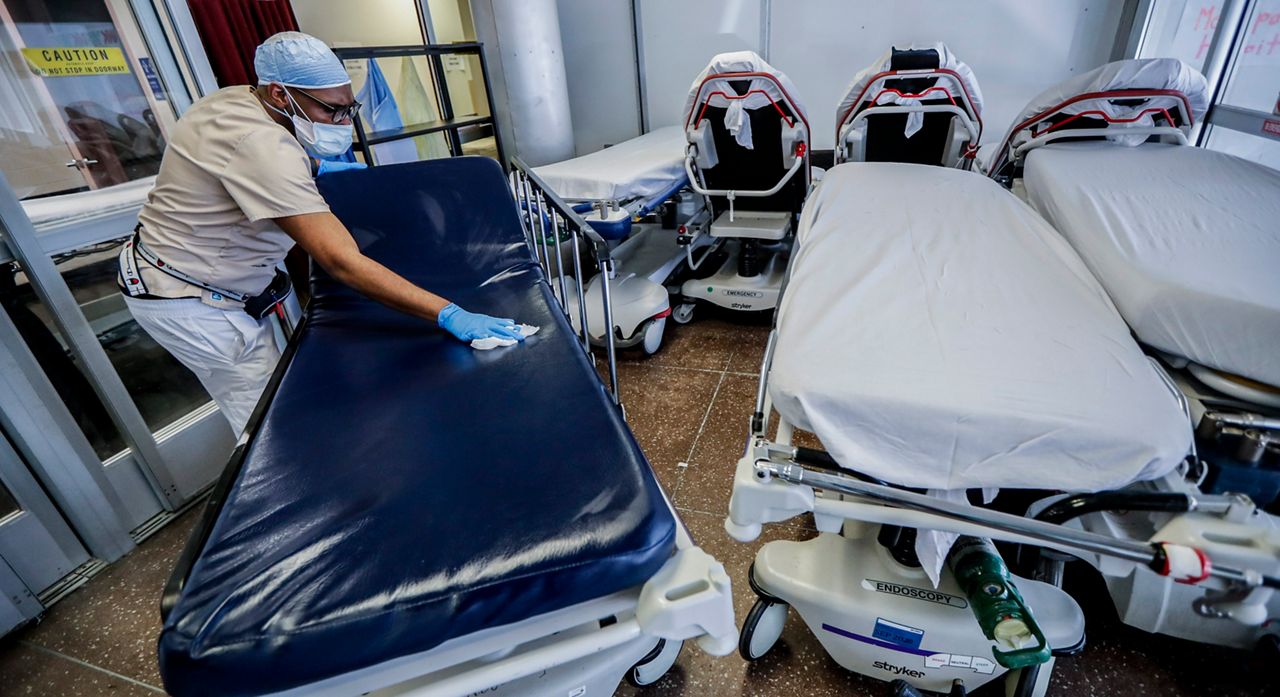Health care providers offering crisis stabilization services would receive increased aid and funding under a measure proposed by state Sen. Peter Harckham as New York seeks to reduce the effects of addiction and substance abuse disorder.
Harckham's bill is meant to put disorder services providers on par with the crisis stabilization centers offered by the state Office of Mental Health.
If approved, the state would compensate providers who have already been offering residential crisis stabilization programs at the same rate being received by facilities that are being rolled out in parts of New York.
“The state’s substance use disorder providers offering residential crisis stabilization programs have been helping New Yorkers in their time of need for years. They deserve fair compensation and reimbursements for the work they are doing,” Harckham said. “With a reimbursement structure that more closely reflects the actual cost, more care will become available and accessible, resulting in lives saved, and the beginning of a road to recovery."
The bill would affect residential crisis programs that provide services that are considered substantially equivalent to the new crisis stabilization centers for mental health patients during the first 24 hours of services.
New York lawmakers and Gov. Kathy Hochul last year agreed to use state aid to develop 12 new crisis stabilization centers statewide. Providers hope the measure can help them provide care to struggle people.
‘Residential stabilization centers provide assessments, referrals, and treatment options to some of the most high-risk individuals in our communities, with a reimbursement rate that is woefully inadequate,” said Brandy Vandermark-Murray, the senior vice-president of operations for Horizon Village in Buffalo. “Not all patients need residential admission patients who present to this level of care receive assessments from a medical professional, clinical interventions, and referrals to treatment programs in our community. But it does not seem appropriate that the reimbursement rate at this level of care offering similar clinical services and intervention is reimbursed at such a disproportionate level compared to the short-term crisis stabilization centers that are newly opening.”


